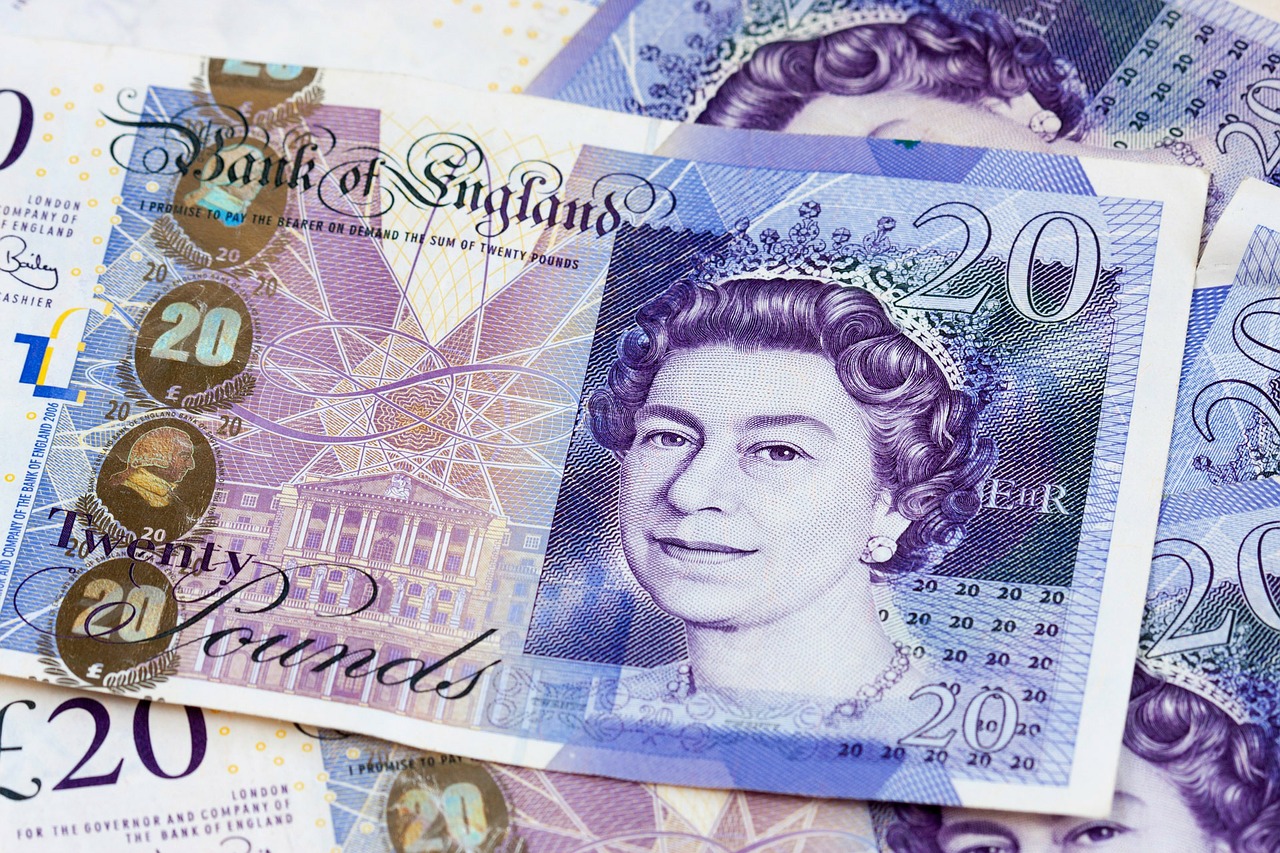By Graham Roeger
Upending lives, the Coronavirus pandemic may pull the world into an economic downturn unseen since the Great Depression. As headlines worldwide continue to show the extreme measures that countries have undertaken to combat Covid-19, the panic and confusion in the air has been palpable. While governments continue to act to protect their residents and economies, this week’s missteps of 10 Downing Street will increase the impact that Britain will feel from the virus in the upcoming weeks.
Echoing Brexit-esque sentiments of British exceptionalism, Boris Johnson continued to ignore global health officials and the actions of his Western European counterparts in the containment of the virus. Although much of Europe has been on lockdown for more than five days now, including France, Italy, Spain and Ireland, it was just Thursday when the British public was still being kindly asked by the Prime Minister to follow guidelines, assured that they can turn the tide on the virus within 12 weeks. Nobody else believes him. France and Spain have already announced that their nationwide lockdowns will most likely be extended past their half-month windows in recognition of the severity of the pandemic.
The negative impacts of Covid-19 are yet to be fully felt by the U.K., but the week-long delay in active governmental response to the virus will only magnify its problems. As simple government guidelines have dictated British behaviour this week, countless more residents have exposed themselves to the virus through the broader continuation of public life. This is only going to further strain British health services and its economy as an avoidable, but uncountable, increase in infections will be seen in the next 14 days. It is important to note here, that for many it was simply unaffordable to miss work because of a government suggestion. Great Britain needed a government order to stop this virus and it was only Friday night that such an order came through. As Great Britain locks down, the mismanagement of the emergency in the past week will be further seen.
Evidence pointing to a global economic downturn is mounting. Across the pond, the Trump administration has asked states to delay the release of the raw numbers of unemployment claims, but data published so far from the U.S. Labor Department already shows the largest weekly increase in claims since the 2008 financial crisis. The statement asks U.S. states to merely indicate with terms such as “increase” or “significant increase” in unemployment claims in a nationwide effort to quell fears. Italy is currently facing the worst outbreak within Europe and its economy is reflecting that. Familiar Italian manufacturers have ceased operations including Gucci, Fiat and Ferrari’s production facilities, electricity consumption in the country has fallen by 10% in the past week, and the investment bank UBS predicts that Italian GDP, the third largest economy in Europe, will contract by 1.1% in a ‘negative scenario’. While the United Kingdom is currently not facing the same number of infections Italy is experiencing, Britain’s economy is already damaged and by no means sheltered by the virus. Although the U.K. has announced groundbreaking stimulus packages, this health crisis will only worsen. The missteps last week will only further bash an already battered British economy.
In London the FTSE 250, often regarded as one of the best performance measurements of the British economy, has nearly halved since late February as investors flee for safer holdings in the face of Coronavirus uncertainty. The measurement calculates the total value of the 101st to 350th biggest companies listed on the London Stock, the FTSE 250 Index, and it has remarkably dropped over 42% in value in the past 4 weeks. This is a dire signal to the health of the British economy as this measurement features more U.K. focused firms and affects businesses in Britain who often rely on domestic consumption for over 50% of their income. The 100 largest businesses traded publicly in Britain, indexed by the FTSE 100, accounts for a larger total value of the economy and has fallen by nearly a third since February, seeing its largest daily drop since 1987 ten days ago on the 12th of March. The worst news is yet to come as the country finally begins to shut down. There is no longer a fear of recession, Britain has entered one.
The U.K. is in uncharted territory and the world is bracing for the continuing impact of the coronavirus. A virus that has been classed by risk of global spread and impact to the “very high” level by the Chief of the World Health Organization, Tedros Ghebreyesus. This is their highest level of alarm. At the moment, nobody is certain of the extent of economic damage that this virus will cause, but it is certain that the British Government’s initial lackadaisical response to the virus means more lives and more livelihoods will be lost in Great Britain.


Leave a Reply